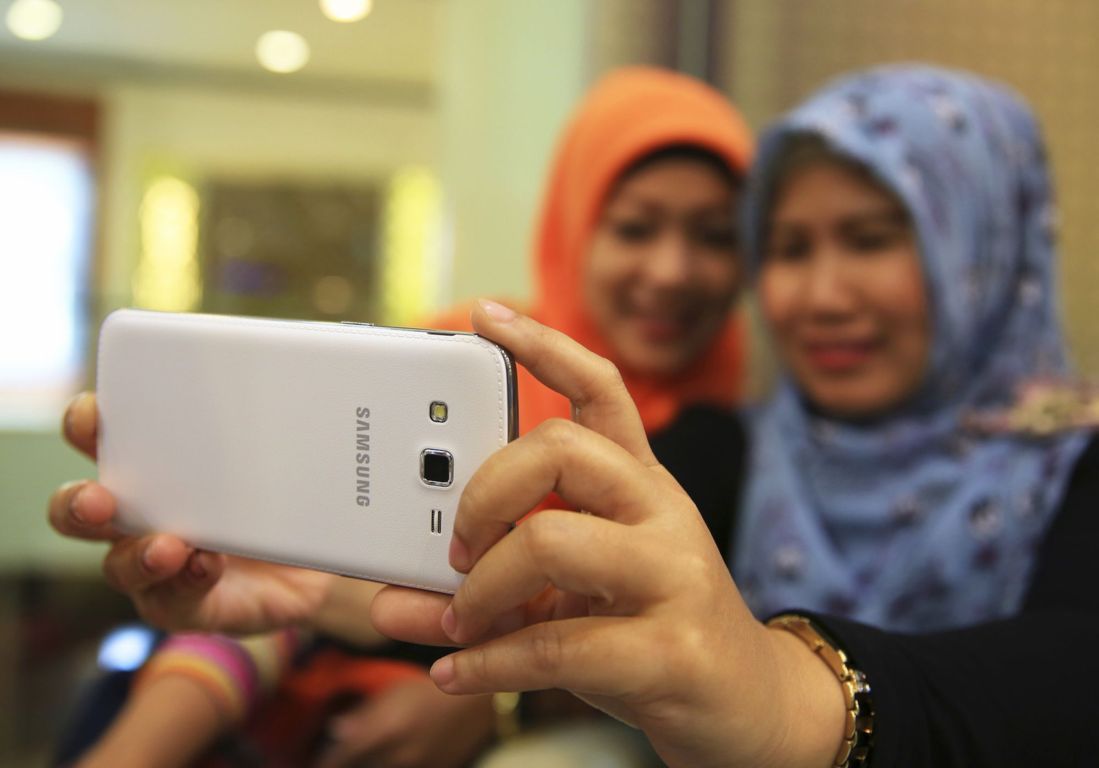
Now, a Fatwa that bans posting pictures Online
by Yash Saboo October 27 2017, 5:08 pm Estimated Reading Time: 2 mins, 46 secsThe Darul Uloom Deoband School in Saharanpur, Uttar Pradesh, which ranks amongst the top Islamic schools India has issued a fatwa banning Muslims from uploading pictures of themselves and others to sites like Facebook, Instagram, and Twitter. All because, according to them, it is un-Islamic.
Earlier this month the Darul Uloom Deoband issued a fatwa banning Muslim women from cutting their hair and plucking their eyebrows. Deobandism is an ultra-conservative strand of Islam opposed to reform and modernization. About 20% of Indian Muslims are Deobandis.

What the fatwa is all about:
Darul Ifta — the part of the Darul Uloom Deoband that issues fatwas, or religious teachings, on Islam — has said that Muslim men and women should not post pictures of themselves or their family members on social media. The origin of the fatwa seems to be a question posed in writing before the authority by an individual in this regard.
It had asked whether posting photos of oneself on social media platforms like Facebook and WhatsApp were Islamic. With the Darul Ifta ruling that this is not the case, the fatwa effectively means Muslims are banned from posting photos of themselves or their kin on any social media platform, including Facebook, Twitter, Snapchat or Instagram!
Questions linger amongst people. The school has its own social media presence, several pages and groups in its name, and people often either post in them or tag them in their posts. And these posts are often selfies. But they did not make clear what devout Muslims should do to the hundreds, possibly thousands of images that they may have already posted before the fatwa came into place. It remains to be seen how the fatwa is interpreted in such cases.
The Deobandi sect has been hugely influential in Europe and is believed to control nearly half of all UK mosques. Deobandis have conservative attitudes towards Western popular culture and the role of women.
Speaking after the recent ban on eyebrow plucking, head of the Darul Ifta Maulana L. Sadiq Qasmi said: "Muslim women should stay away from beauty parlours as Islam does not permit them to have make-up attracting other male members. Like Muslim men are not allowed to shave under Islam, eyebrow trimming, hair-cutting, make-up like wearing lipstick, etc., are also banned."
He added that the "trend of Muslim women going to beauty parlours has increased in the country," which he said was "not a good sign and it should be stopped immediately". He also thinks that the fatwa should have been issued a long time ago.
Three years ago, the Darul Iftaa in London had conducted a detailed study on the contentious issue taking into account all schools of Islamic thought including Hanafi, Maliki, Shafi and Hanbali. It also imposed a similar ban with an exception that Muslim women – married or unmarried – were allowed to remove facial hair if they develop moustache, beard or unwanted hair with permission from the husband or other male members.
But most Muslim women have refused to follow the new fatwa. “They have no right to curtail our freedom. The world is changing. Muslim women are now allowed to drive in Gulf countries and they are issuing fatwas on eyebrow plucking. It is a shame on our Maulanas and scholars,” said Sophia Ahmed, a victim of triple talaq.





-173X130.jpg)
-173X130.jpg)
-173X130.jpg)
-173X130.jpg)

_(7)-173X130.jpg)
-173X130.jpg)